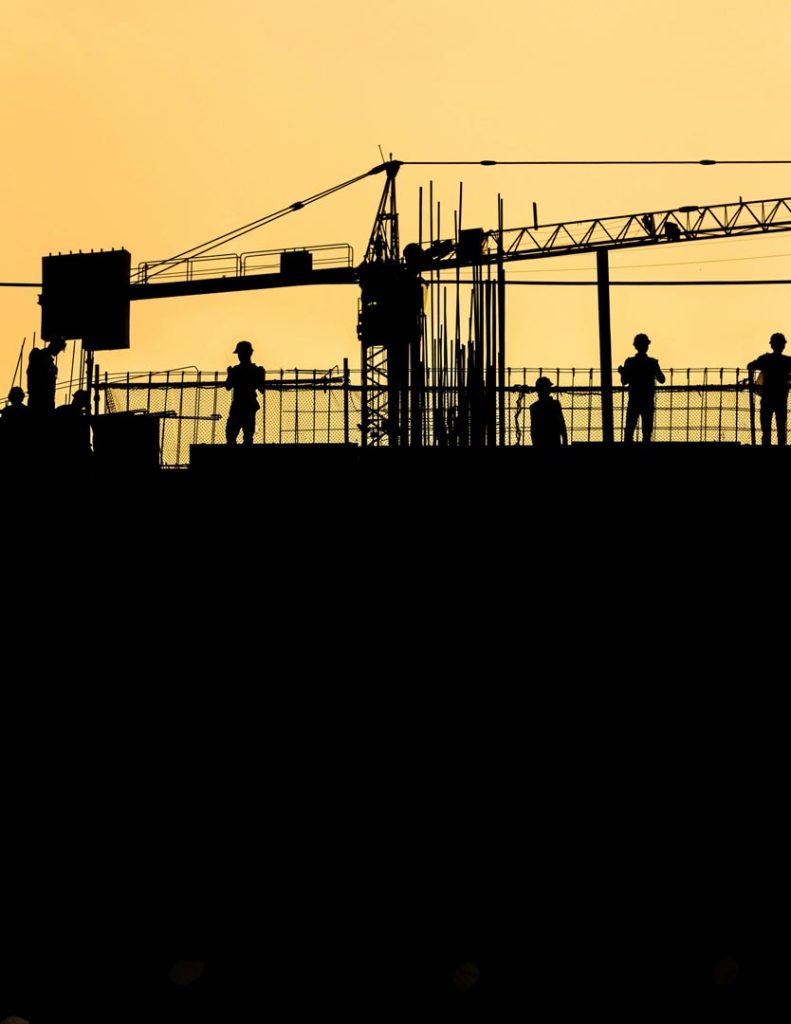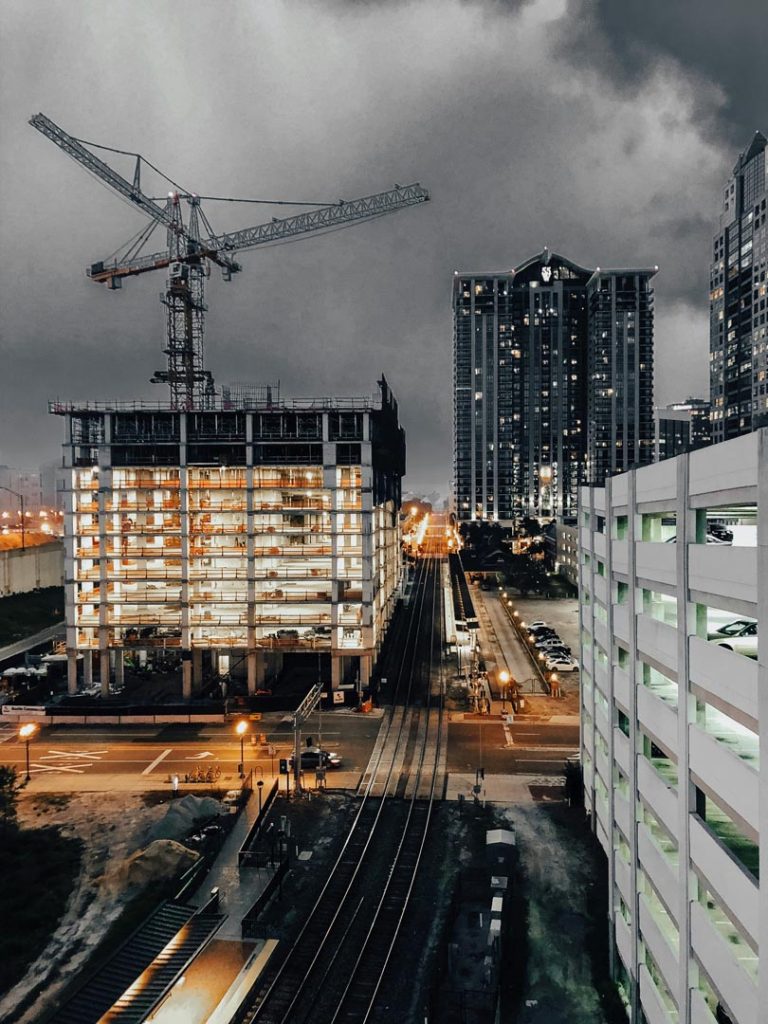Construction
Construction
In a construction company, projects aimed at improving results can target various aspects of operations, project management, efficiency, safety, sustainability, and innovation. Here are some project ideas:

1. Project Management Optimization
- Implement advanced project management software and scheduling tools to enhance project planning, resource allocation, and scheduling accuracy.
- Adopt Integrated Project Delivery (IPD) methodologies and collaborative models to streamline communication, teamwork, and minimize project delays and cost overruns.
- Apply lean construction principles to eliminate waste, optimize workflows, and enhance project efficiency from design through completion.
2. Technology Integration and Digital Transformation
- Building Information Modeling (BIM): Use BIM technology for digital design, visualization, and coordination to enhance collaboration, reduce clashes, and improve construction quality.
- Construction Management Software: Invest in software for document management, cost tracking, progress monitoring, and communication across project teams.
- IoT and Wearable Technology: Implement sensors and wearable devices for real-time monitoring of equipment, materials, and worker safety, enhancing visibility and decision-making on construction sites.
3. Safety and Risk Management
- Safety Training and Awareness Programs: Offer comprehensive safety training and promote a safety culture among employees and subcontractors to reduce accidents, injuries, and downtime.
- Safety Technology Solutions: Deploy safety technology like proximity sensors, wearables, and drones for site monitoring, hazard detection, and proactive risk mitigation.
- Safety Audits and Inspections: Conduct regular audits and inspections to identify hazards, ensure safety regulation compliance, and implement corrective actions.

4. Sustainability and Green Building Practices
- LEED Certification: Pursue LEED certification and adopt green building practices like energy-efficient design, renewable energy integration, and sustainable materials usage to cut environmental impact and operating costs.
- Waste Management and Recycling: Implement programs to minimize construction waste, reuse materials, and divert waste from landfills, promoting sustainability and conserving resources.
- Carbon Footprint Reduction: Reduce carbon emissions in the construction process with strategies like alternative transportation, energy-efficient equipment, and carbon offset initiatives.

5. Supply Chain Optimization and Vendor Management
- Supply Chain Collaboration: Enhance collaboration with suppliers and subcontractors to optimize procurement, ensure timely material delivery, and minimize disruptions.
- Vendor Performance Management: Implement systems to evaluate vendor performance based on quality, reliability, and adherence to project specifications, enabling informed selection and improvement initiatives.
- Strategic Sourcing: Develop strategies to identify cost-saving opportunities, negotiate favorable contracts, and build long-term partnerships with key suppliers.
6. Quality Assurance and Control
- Quality Management Systems (QMS): Implement QMS frameworks to ensure construction quality, specification adherence, and customer satisfaction.
- Quality Inspections and Testing: Regularly inspect and test materials, workmanship, and installations to detect defects, non-conformities, and improvement opportunities.
- Continuous Improvement Initiatives: Promote a culture of continuous improvement through feedback, post-project reviews, and corrective actions to resolve quality issues.
7. Client Relationship Management and Customer Satisfaction
- Customer Feedback Mechanisms: Set up channels to collect customer feedback and satisfaction surveys to assess client satisfaction, pinpoint areas for improvement, and enhance the overall customer experience.
- Client Relationship Management (CRM): Deploy CRM systems to manage client interactions, track project milestones, and maintain effective communication with clients throughout the project lifecycle.
- Value-Added Services: Provide services like design assistance, value engineering, and post-construction support to stand out from competitors and surpass client expectations.
8. Talent Development and Employee Engagement
- Skills Training and Development: Invest in training programs to enhance technical skills, leadership, and project management competencies, fostering career growth and retention.
- Employee Recognition Programs: Implement programs to acknowledge high performance, teamwork, and innovation, boosting morale and satisfaction.
- Cross-Functional Collaboration: Encourage knowledge sharing among departments and project teams to leverage expertise, share best practices, and solve complex problems collaboratively.
By implementing these projects, a construction company can enhance operational efficiency, project delivery capabilities, safety performance, sustainability practices, client satisfaction, and financial results, positioning itself for long-term success and growth in the industry.